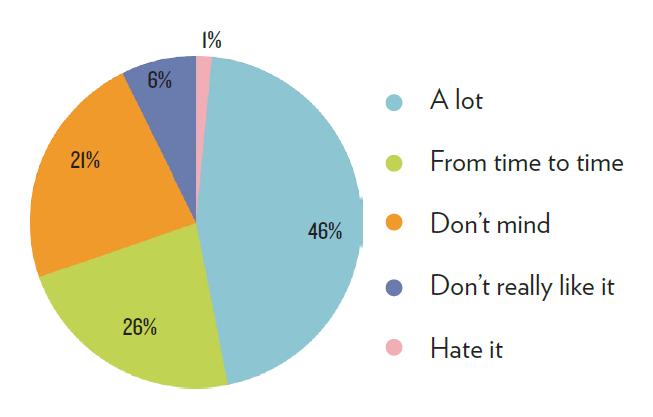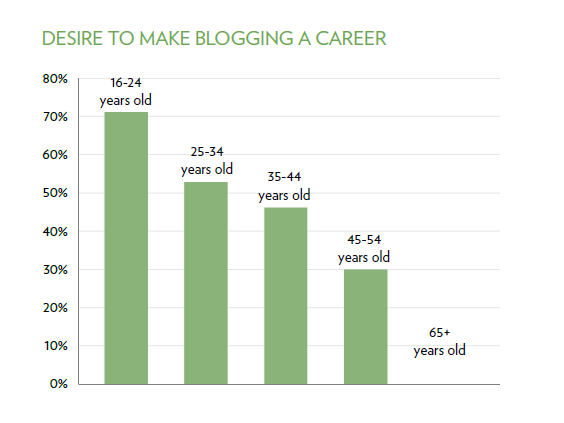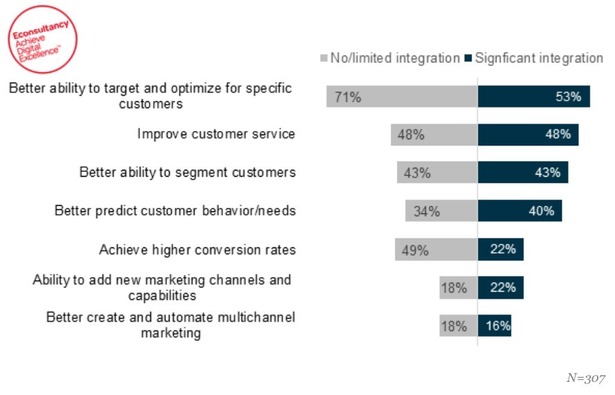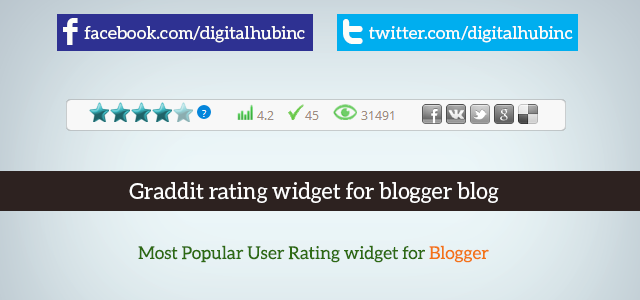Earned media is becoming an ever important aspect of the modern marketing mix with recent research showing blogs as one of the most trusted digital sources guiding consumer decisions.
Given that 92% of global consumers value word of mouth recommendations over all forms of advertising, it’s clear that marketers and advertisers have a lot to learn before they can reliably win consumer trust.
Earned media is becoming an ever important aspect of the modern marketing mix with recent research showing blogs as one of the most trusted digital sources guiding consumer decisions.
Given that 92% of consumers value word of mouth recommendations over all forms of advertising, it’s clear that marketers and advertisers have a lot to learn before they can reliably win consumer trust.
Having worked with bloggers for over five years, we’ve been vocal advocates of blogger outreach as a valuable and often indispensable tactic for marketing activation.
But the game has evolved fast. ASA warnings, algorithm changes at Google and high-profile controversies have all come to interrupt and redefine the blogger-brand relationship.
With so many changes having taken place in the last year, we set out to uncover the thoughts, hopes, motivations and experiences of more than 250 UK-based bloggers in the UK’s largest ever blogger outreach study. The findings were certainly telling.
1. Most bloggers want to work with you
A simple Google search for ‘blogger outreach’ returns more than 1.8m organic search results. With these kinds of numbers, you’d be forgiven for thinking bloggers and online publishers must be sick to death of being approached by brands and agencies.
Yet to the contrary, 46% of bloggers enjoy being contacted by brands and agencies ‘a lot’, with a negligible 1% stating that they ‘hate’ being contacted by agencies.
The blogger-brand relationship is increasingly becoming a symbiotic one.

2. It’s a career choice, especially with younger bloggers
More than half of the bloggers surveyed currently regard blogging as a hobby. However, 73% of those currently blogging as a hobby between the ages of 16 and 24 want to make blogging a full-time job.
Perhaps more importantly, 100% of bloggers in this age group who had been blogging for just 6-12 months wished to make blogging a full-time career, despite their lack of experience.
How might this impact the blogger-brand relationship?

3. Editorial control is still very important to older, more experienced bloggers
As blogging as a publishing form has moved on from its early hobbyist roots, bloggers have emerged as highly trust sources of information on the web.
But as any experienced blogger will tell you, it takes time and a keen sense of editorial control to gain and keep audience trust. Older, more experienced bloggers are far more likely to want to retain full editorial control when working with brands than younger, less experienced bloggers.
By extension, bloggers who publish an average of 20 or more pieces of content per month are also, unsurprisingly, far more likely to want to retain editorial freedom when working with brands compared to those who post 2-4 times a month (just 6% request editorial control) or just once or twice a month (9% of whom demand full editorial control).
What can we take from this? Know the preferences of who you’re pitching to, and get your pitch right from the off.
4. Money doesn’t always talk
The issue of brands and agencies paying publishers in return for online coverage has a long and thorny history. Google has made it vehemently clear that undisclosed advertorials are strictly against its Webmaster Guidelines, but this hasn’t stopped a number of household brands from buying undisclosed advertorials with bloggers.
Where does this practice leave bloggers?
It would appear that the distinction between being offered monetary payment or a free product review remains unclear for many, with the data showing hugely mixed understandings of what constitutes payment.
More than half (55%) of bloggers surveyed said the question of whether or not they would expect payment was dependent on the agency, company or blogging activity in question.
Perhaps contrary to popular assumption, only 26% of bloggers stated that they would always expect to be paid in return for blogging.
5. Personalisation, transparency and relevance make all the difference
With over 65% of bloggers surveyed reporting that they are contacted several times a week, brands and agencies must be prepared to personalise their approach to cut through the noise.
The two most important aspects of gaining trust and rapport with bloggers come down to the agency being clear in their expectations from bloggers, and bloggers knowing precisely what they can expect in return for their efforts.

When it comes to making that all important first step, 52% of bloggers prefer to be contacted by email over any other form of communication, meaning the all-important outreach email is one of the most important ingredients in your outreach proposition.
The future of blogger outreach
The good news for marketers and PRs is that bloggers and publishers want to work with brands they respect, admire and can feel a part of.
With trust in the traditional media slipping, the challenge for earned media teams is to harness the inherent creativity of bloggers to create experiences consumers can relate to and believe in.
Blogger outreach is one of a select few unsung strategies perfectly suited to make that difference.


























No Comments